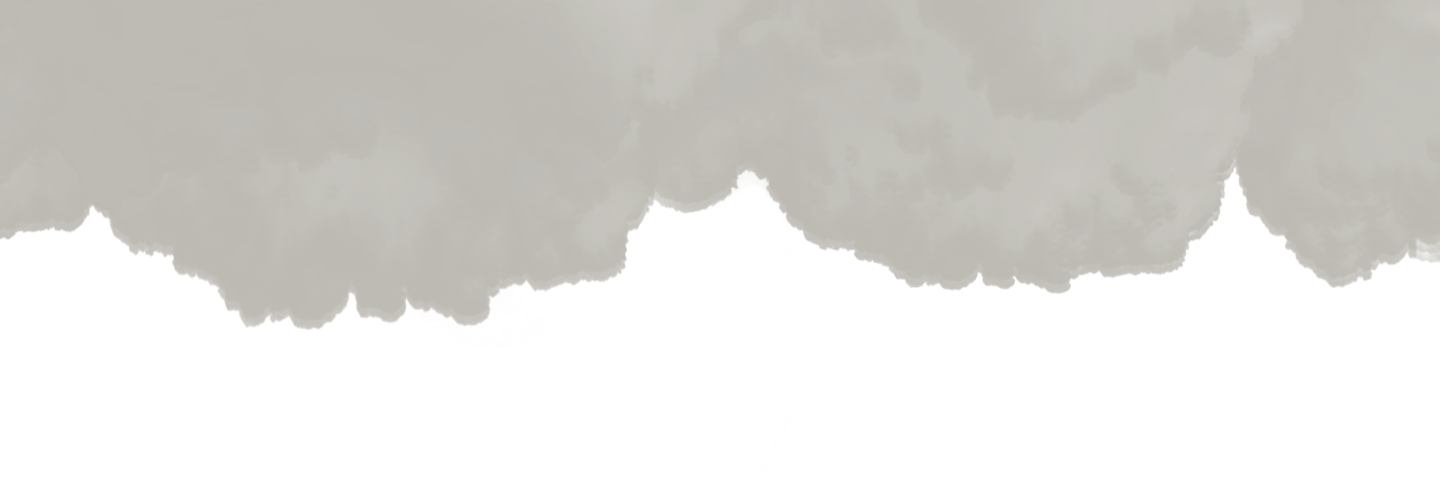The „Krunoslav Sukić“ 2024 Award for the Promotion of Peacebuilding, Nonviolence and Human Rights
Is awarded with gratitude to
Romano Nikolić, a man who puts his acting, directing, producing and managerial talent, knowledge and skills at the service of his civic power to influence the creation of a more just, more conscious and resilient society towards violence and discrimination of those who are vulnerable. A society that strives to understand and value the individual regardless of his social or economic status, nationality, religion, sexuality or ideological orientation. A society that does not hate and that has the strength to face the pains that are silenced and passed on to new generations.
With this Awar, we would like to thank Romano Nikolić for being an example of how when you simplycannot watch what is happening arround you, you can contribute to change in your own way. We know how much courage is needed for such action because it also confronts us with our own vulnerability, and we know how much moral imagination is needed for creative and inclusive responses to pain, exclusivity, violence and injustice.
We want to pause for a moment to celebrate what Romano Nikolić has achieved, in fact, a path that in his own way paves the way and the mark he leaves.
In the ten years since he graduated from the Academy of Dramatic Art in Zagreb, Romano Nikolić has continuously contributed to the creation of socially engaged art: both as an academic actor and as a theatre director (productions at the Croatian National Theatre Varaždin, Theatre &TD, Hungarian Theatre in Novi Sad Újvidéki Színház, etc.) and as the founder and artistic director of alternative theatre and cultural association – Arterarij.
With his supreme artistic, activist and human commitment, he deals with socially sensitive, difficult, neglected and suppressed topics of Croatian society and globally, as well as the challenges and possibilities of post-war post-Yugoslav reconciliation.
The themes of his plays, authorial, directing or production projects such as "Pogledaj me", "Posljedice" and "Čekanja" deal with the position, discrimination and prejudice against Roma and asylum seekers and the consequences that violence leaves on women.
The play "Bura" dissolves the theme of refugees and European and global responsibility for lost and/or endangered lives, as well as for the injustice that is renewed every day in our immediate vicinity, at our borders, and which we so often refuse to see.
In the play "Na dnu oceana postoje neki svjetovi ", the collected documentary material on cases of infanticide is incorporated.
The play "Kućica za pse" deals with the difficult and, in our society, insufficiently open, topic of the cases of sexual assault in war and its long-term consequences on people, families, communities and society as a whole.
However, Roman Nikolić's path is, at the same time, and unusually important, the path of democratization of theater production. He works in modest production conditions, in borrowed spaces, apartments, below the edge of profitability. He works with people without acting experience who live in situations that the play wants to talk about, with people who do not exist in the so-called public life in Croatia - in fact, many would not even exist in Croatia, let alone in the theater. Such as the married couple of asylum seekers, Adigüzel, who brings a documentary and activist experience of their own struggle of life in exile, Sindirela Bobarić and Siniša Senad Musić, who were also the first Roma people to climb the stage of the Croatian National Theatre to receive the Croatian Theatre Award, which awarded the play. Romano Nikolić works with them, not about them. The way he approaches people makes the space of the theater, and in his case the spaces of shaky local committees, from the first rehearsal to the last performance, in the full sense, inclusive.
You encourage, motivate, inspire, connect... in a joint effort of making the world a better place to live. Thank you!

